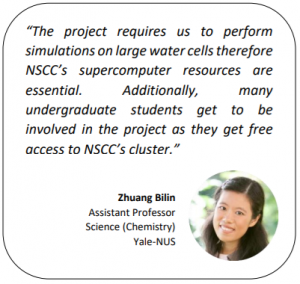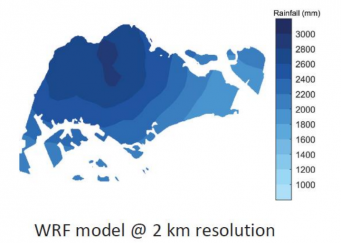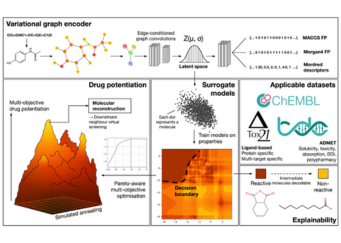NSCC’s supercomputing resource is helping researchers gain a better understanding of the true nature of water, and its properties.
Although it is one of the most common elements, there is an ongoing scientific debate on the structure of water as well as the underlying liquid-liquid phase transitions. Water is simultaneously the most common liquid on earth and the weirdest, judging from the variety of its anomalous properties. For example, water reaches its maximum density at 4 degrees Celsius whereas other simple liquids just expand on heating. The “weird” nature of water may be explained if it is seen as a mixture of two different structures. However, the exact “mixture” of water is still a topic of discussion and not fully elucidated.
 A team of researchers at Yale-NUS College are tapping NSCC’s supercomputer to analyse in greater detail the structures of the “mixtures” that make up water. The goal is to gain a better understanding of the microscopic structure of water to shed light on the many physical and chemical processes in the aqueous environment.
A team of researchers at Yale-NUS College are tapping NSCC’s supercomputer to analyse in greater detail the structures of the “mixtures” that make up water. The goal is to gain a better understanding of the microscopic structure of water to shed light on the many physical and chemical processes in the aqueous environment.
The group has recently developed a new theory that water is a mixture of two states of water molecules. The team used NSCC’s supercomputer to perform complex simulations of the interaction between water molecules.
The project will continue to explore the implications of the classification, including the degree of hyperuniformity of the two states and the thermodynamic implications.
To find out more about the NSCC’s HPC resources and how you can tap on them, please contact [email protected].
NSCC NewsBytes July 2021
Other Case Studies
Enhancing Weather Prediction in Singapore: Leveraging Climate Model Simulations for Precision
Researchers from NUS Tropical Marine Science Institute are leveraging supercomputing to fine-tune Weather Research and Forecasting (WRF) Model and downscale hundreds of years of...
Keeping drones safe in urban airspaces
Researchers from NTU tap on high performance computing to identify hazardous airspaces through urban weather simulations in order to facilitate effective route planning and...
Advancing Drug Discovery Research using NSCC HPC resources
Researchers from Nanyang Technological University (NTU) are applying variational graph encoders as an effective generalist algorithm in computer-aided drug design (CADD)....


